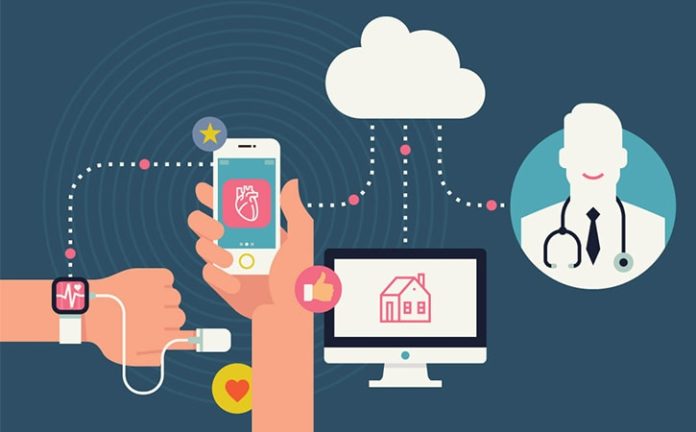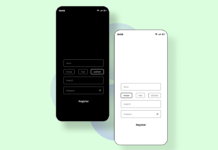Internet of Things (IoT) based healthcare systems play a key role in the growth of medical information systems. Tracking, tracing, and monitoring of patients are essential to enhance the healthcare system. However, due to an inadequate health care situation, current medical technologies with the available tools cannot meet the same accurately. The dependency of healthcare on IoT is increasing day by day to improve access to care, enhance the quality of care, and most importantly to limit the cost of care. IoT eliminates the need for a health care professional by providing a ubiquitous monitoring system using sensors, gateways, and cloud technology in healthcare , to analyze and store the data and communicate it wirelessly to medical professionals for further analysis.

IoT is a combination of various technologies that empower a diverse range of appliances, devices, and objects to interact and communicate with each other using different networking technologies. Healthcare systems make use of interconnected smart devices to establish an IoT network for health care analysis and patient monitoring, automatically identifying situations where physician involvement is needed. Internet-connected devices have been introduced to monitor and diagnose patients in various ways. Tracking health information is vital for patients whether the data comes from electrocardiograms, fetal monitors, blood glucose levels, or temperature monitors. Most of these measures require follow-up with healthcare professionals, creating an opportunity for smarter electronic devices to deliver more valuable data by reducing the need for direct physician-patient interaction.
Most hospitals have started installing ‘smart beds’ enabling them to detect when the patient is attempting to get up and when it is occupied. It can also self-adjust to ensure that the appropriate support and pressure is applied to the patient without manual intervention. Another benefit of IoT in healthcare is integration with home medical dispensers to automatically upload data on the cloud when medication is not taken or in any other case which requires the health professional to be alerted.
IoT healthcare component providers are developing new solutions in order to reduce the healthcare industry’s dependence on humans. Key market players profiled in this study include prominent providers who offer IoT solutions such as AdhereTech Inc., Cerner Corporation, Cisco Inc., Ericsson AB, General Electric Company (GE Healthcare), Honeywell International Inc., IBM Corporation, Koninklijke Philips N.V., Medtronic Inc., Microsoft Corporation, NXP Semiconductors, Qualcomm Technologies, Inc., SAP SE, STANLEY Healthcare, and Zebra Technologies.








